Note: The below is more of a thought dump than a true article or essay. My mind, as I wrote yesterday, has been - and remains - a clot of ideas and opinions and deep, sickening sadness, rendering clarity and coherence illusory. As we we stand witness to immense horror and tragedy unfolding daily, my only hope is that we can, together, try to understand both sides. No, not Hamas - they and their actions are not understandable. Nor the extremities of the right-wing of Israel, for I personally see parallels in the bloodlust. Instead, I speak about those out of power, those caught in the crossfire, the victims and survivors of this unending conflict. It is them, their history, their plight, their future, that I hope we can try to understand through the lens of history, the fabric of our shared humanity, and the burning desire amongst most of us for peace for all. As you'll see below, I've read a lot, but understand little. I have thoughts, but no solutions. I have deep sadness, extreme anxiety, great empathy, and am doing my best to be angry with the situation, not the people, with the politicians and power brokers, not those in the middle struggling to simply survive. My hope is that some of the below can be of interest, of service, and of inspiration to us all to be our best and bring out the best in others.
There will never be peace in this ill-starred land.
- Nisanit, by Fadia Faqir -
I was just a kid when I read that line, and it stopped and stumped me, this defeatist statement. How could someone be that accepting of unending conflict, rage and violence and reprisals repeated ad infinitum? It boggled the mind of a kid whose childhood was a sickeningly bucolic one, utterly removed from nasty global realities.
I knew, of course, this was a semi-fictional tale written by British-Jordanian author Fadia Faqir about a Palestinian guerrilla fighter and an Israeli interrogator and torturer, exposing the nuance and horror and humanity of them both. But, aside from Nisanit (library), our observant Jewish teacher, Marty Elkins, at this small Episcopal school in northern New Hampshire assigned us other books and readings that simply underscored the conundrum: Friedman’s From Beirut to Jerusalem (library) and Shipler’s Arab and Jew (library), plus bits of early writings of Zionism and anti-Zionism, UN Resolutions and more.
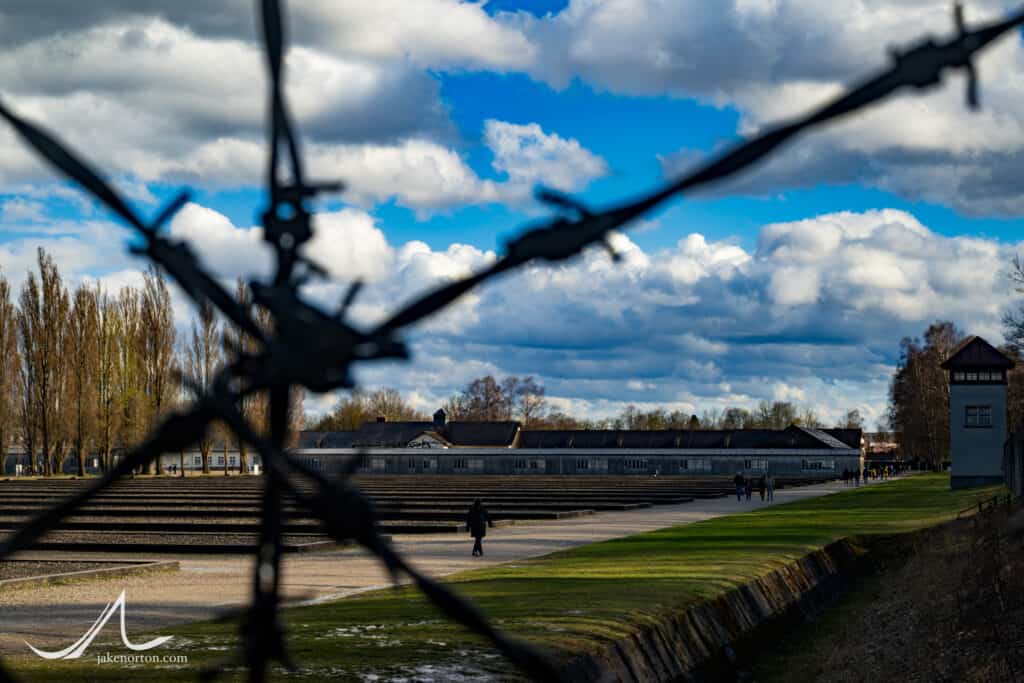
For me, it began a fascination with knowing and understanding the perhaps-unknowable and seemingly-incomprehensible, the past and present - and possible future - of the Middle East as a whole, and the Israeli-Palestinian conflict in particular. I went on to study it some in college, taking courses on Islam and Judaism, reading Ibn Khaldûn’s The Muqaddimah, and Wiesel’s Night, Man’s Search for Meaning by Frankl and Out of Place by Said. I’ve gazed across the Jordan River into the West Bank with a Palestinian refugee who cannot return to his ancestral homeland, and walked the paths of Dachau with my son and the children of Holocaust survivors who were routed by Nazis from theirs. I’ve cried through Schindler’s List and Paradise Now, been gut-punched by the intractable realities exposed in The Lemon Tree and Israelis: Founders and Sons.
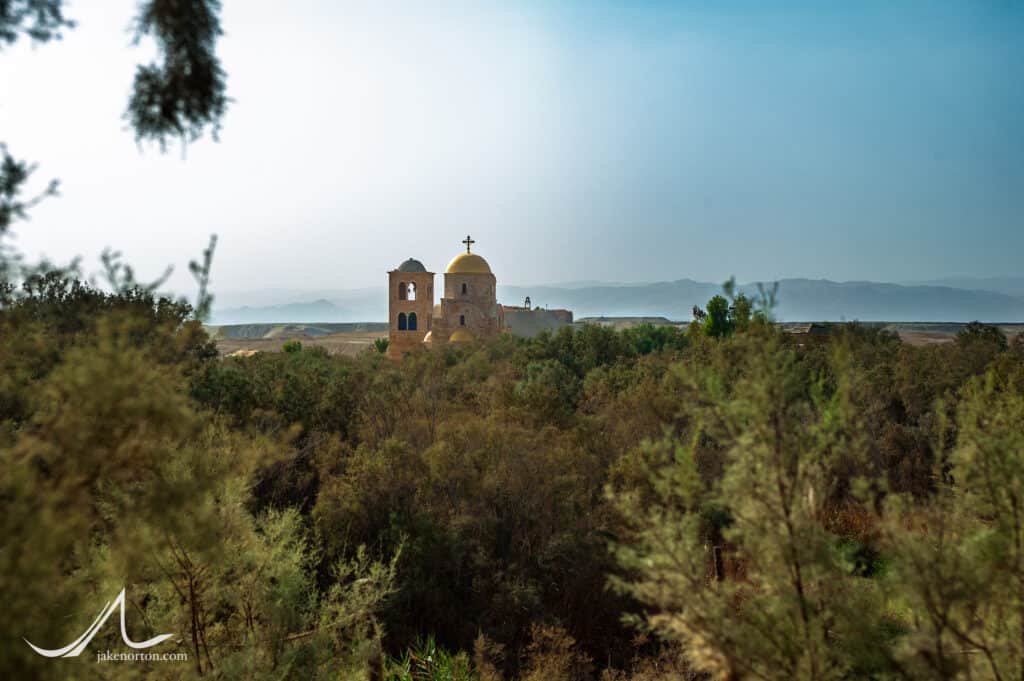
And all of it has resulted in one specific certainty: I don’t understand. Perhaps I cannot, despite all the reading and study, being so removed. Perhaps no one can.
I cannot understand the Western powers who, after witnessing and playing a part in the horrors of pogroms and genocides and abhorrent anti-Semitism rampant for half a century, could not bring themselves to fully accept and welcome a Jewish population in their midst.
I cannot understand a British empire and its deluded allies deciding to arbitrarily draw lines through a complex region it both knew so well and not at all, assuming with colonial hubris that all would be ok.
I cannot understand a people so horrifically persecuted and hunted and murdered inflicting much of their same suffering on those who share the same land and have for millennia.
I cannot understand a people so stubborn as to refuse repeated opportunities for an imperfect peace but the chance for peace nonetheless, determined instead to pursue a fever dream of wiping the other off the map.
I cannot understand “leaders” of peoples who have suffered so much for so long opting for the spoils of politics and power rather than truly serving their people and fighting for true, lasting, sustainable peace and prosperity for all.
I cannot understand how one justifies the killing of women and children and civilians, whether those killings are deliberate and targeted or whitewashed through the lens of counterattack and war.
There is no moral equivalence between Hamas and Israel, and I never suggested otherwise. There is moral equivalence between dead Israeli children and dead Palestinian children.
- Isaac Saul, The Tangle
I. Cannot. Understand.
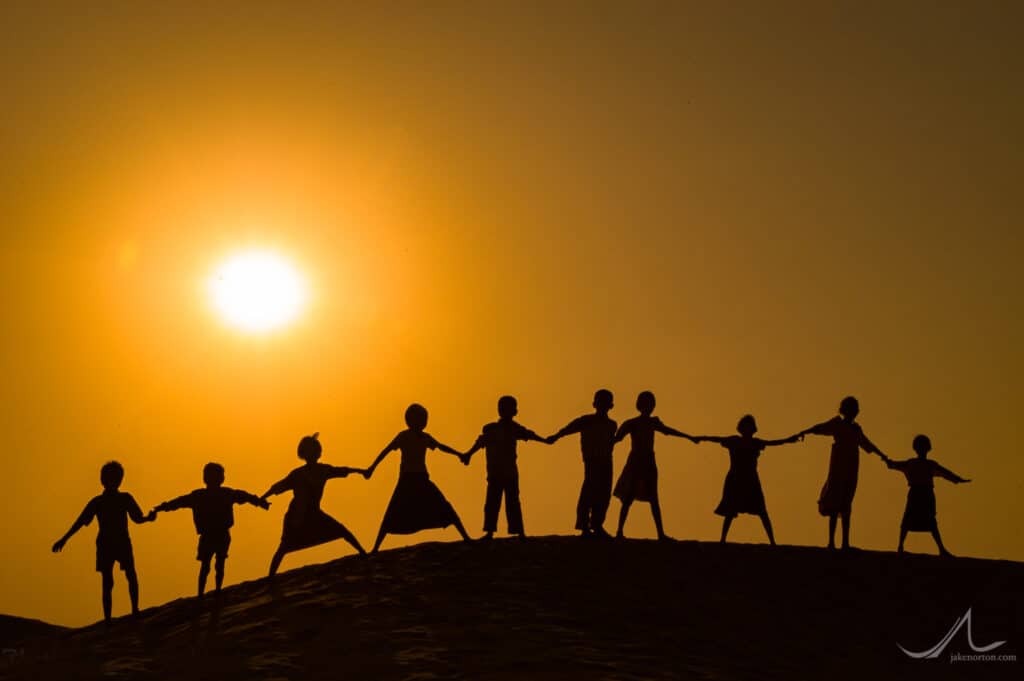
And, the more I read, the more I learn, the more I study and digest and study again, the more I realize that the real challenge is that in this conflict - in any conflict - we as humans want the simple binary. We want a one and a zero, a black and a white, a good and a bad, an alliance of good and an axis of evil.
While those notions make life simple, make decisions to behead children or blitzkrieg a territory easy, they are tragically false. The world of humans is not binary, is not simple, cannot be defined and categorized by ones and zeroes; no, this is the language of the barbarian, the nihilistic mentality of racism and genocide regardless of who the perpetrator may be or how just their cause. Sweeping judgments and violent sentences for the many based on the actions of the few have led never to peace, only to purgatory.
I am not here passing judgment. I cannot say how I would react if it was my family in the crosshairs of Hamas terrorists for simply being Jewish or my family locked in the death-grip of military assault for simply being Palestinian.
No man should judge unless he asks himself in absolute honesty whether in a similar situation he might not have done the same.
- Viktor Frankl, Man's Search for Meaning
But I do know that the only path to the future - in any situation - is an understanding of the past, of history, an honest reckoning with it, a contextualization of this moment to help inform the creation of the next moment. As Sandy Tolan wrote in The Lemon Tree: “understanding can only come from a recognition of each other's history.”
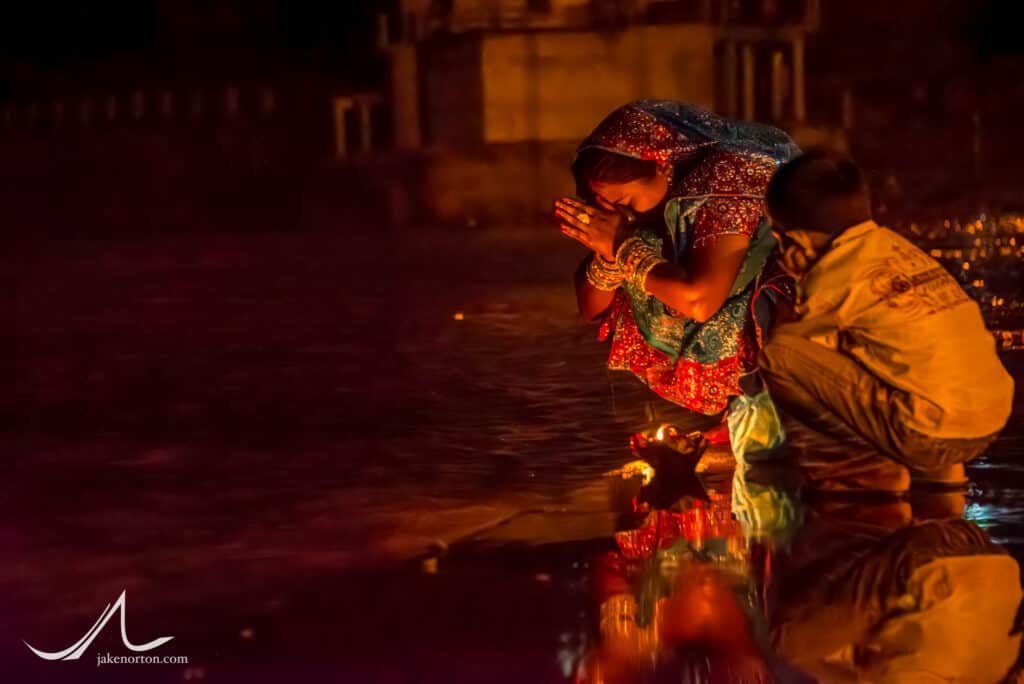
In this case, it seems to all begin with the original conundrum well articulated by Chaim Weizmann, the first President of Israel, saying that the issue is not one of right and wrong, but “two rights.” Two rights to the land, two rights to life on that land. This idea of two rights, though, began to delaminate at the start, at the turn of the last century, with neither side choosing to see the other as a viable neighbor. The Zionists often deluded themselves into believing the land of Palestine was either unoccupied, sparsely populated, uncared for, or all the above, and thus ripe for the taking. But, as Yitzhak Epstein said in 1905 at the Seventh Zionist Conference in Basel:
We devote attention to everything related to our homeland, we discuss and debate everything, we praise and criticise in every way, but one trivial thing we have overlooked so long in our lovely country: there exists an entire people who have held it for centuries and to whom it would never occur to leave.
For a number of years we have been hearing that the population of the country exceeds 600,000. Assuming that this number is correct, even if we deduct from it 80,000 Jews , there are still over half a million Arabs in its land, 80 percent of whom support themselves exclusively by farming and own all the arable land. The time has come to dispel the misconceptions among the Zionists that land in Palestine lies uncultivated for lack of working hands or laziness of the local residents. There are no deserted fields.
- Yitzhak Epstein, The Hidden Question
Sadly, observations like Epstein’s were not heeded, land was taken, and Arab reaction grew abrasive as the landscape changed literally and figuratively. In The Israelis: Founders and Sons, Amos Elon writes of the World War II era:
We saw how men fired by a Messianic idea of redemption ended up by “playing the game of the world.” We observed the change in the order of priorities, which occurred in the early 1930s; the emergence of a new nationalism, more self-centered, considerably less lofty, than that envisaged by the early Zionist idealists. It may be, as an English wit once remarked, that the power an idea wields over human life is directly proportionate to the degree of error it contains. An experience of recent Palestinian, Jewish, and Israeli history certainly increases belief in the blind forces of history. The change of priorities that came about in the early 1930s was certainly “justified” by later events in Eastern and Central Europe. But what was desperately urgent and just in the eyes of the Jews was equally unjust in the eyes of the Arabs. The Arabs rightly suspected that by supporting the Zionists, the Europeans and Americans were evading their own responsibilities at the expense of the Arabs.
- Amos Elon, The Israelis: Founders and Sons
And so, the Arabs said no, and said no strongly. Some of their “no” was justified, as well documented and explained by Natasha Gill in The Original "No": Why the Arabs Rejected Zionism, and Why It Matters. But, as so often is the case, much of the Arab “no” eventually came in the form of aggression and war, erupting with civil war in 1947, the first Arab-Israeli war in 1948, the Six-Day War of 1967, and the Yom Kippur War of 1973. Post 1973, the situation largely deteriorated into Palestinian brutal intifada and terrorism juxtaposed against a militarily and economically dominant Israel with questionable policies toward the Palestinians. Elon, in 1971, continued the above:
An irresistible force collided with an immovable body. Historians will argue endlessly whether the collision was unavoidable; the argument will be wisdom after the event. The Arabs bore no responsibility for the breakdown of civilization in Europe. Yet their opposition to Zionism grew so ferocious, their insensitivity to Jewish sentiments so great, their refusal of all compromise so absolute, their violence so indiscriminate, and their policies, finally, so genocidal — that the original imbalance between right and wrong was lost. In time it was almost entirely superseded by fresh concerns, by a new balance of rights and wrongs within the framework of an entirely new existential situation. There is an unexpected element of irony in the fact that the Israeli Jews, who owe their existence as a nation to their extraordinary memory of past history, should now be forced to rely on the Arabs forgetting theirs.
- Amos Elon, The Israelis: Founders and Sons
And so, for decades now, we’ve seen an increasingly tense and militarized region steeped in violence and prejudice, led more often than not by those powerful few who speak for themselves, their own pockets and power and re-elections, and do so at the dire expense of those they purport to be responsible for. Peace plans and proposals - good, bad, and indifferent - come to the table and are largely ignored or undermined while both sides resort to increasing violence. We saw it in striking horror in the events of October 7 by the evil of Hamas, and before in events like the Israeli settler terror attack in Huwara of which respected journalist Nahum Barnea wrote: Kristallnacht was relived in Huwara.
Speaking of Barnea, he had perhaps one of the best observations of the conflict and its realities when he said: The terrorism of suicide bombings was borne of despair and there is no military solution to despair. I would argue that the inverse is equally true, that perhaps the terrorism of military siege tactics on a largely civilian population is borne of fear and there is no violent solution to fear. In other words Palestinians live largely in despair, Israelis largely in fear, and both sides, in my opinion, are engaging in similarly counter-productive, ultimately destructive, paths and policies, reinforcing rather than diminishing the despair and fear that pervades, pollutes, and poisons their individual and collective futures.
And, so here we sit, a world on edge still digesting the unspeakable evil of a week ago and watching the machine of war unleashing equally-unspeakable suffering today. What can we do? Not much in an immediate sense, sadly, tragically.
But I think going forward we can all attempt to understand, to read, to learn, and to understand some more. We cannot undo the violence that has been or that soon will be, but we can resist the all-too-human temptation to simplify, to make binary, to demonize one in order to justify the demonic in the other. We can try to see that just as easily as there can, in Wiezmann’s words, be two rights, there can also be two wrongs, creating a swirl of intangible gray that defies simplistic explanation, that is uncomfortable to sit with, to accept, but is the only way to move forward.
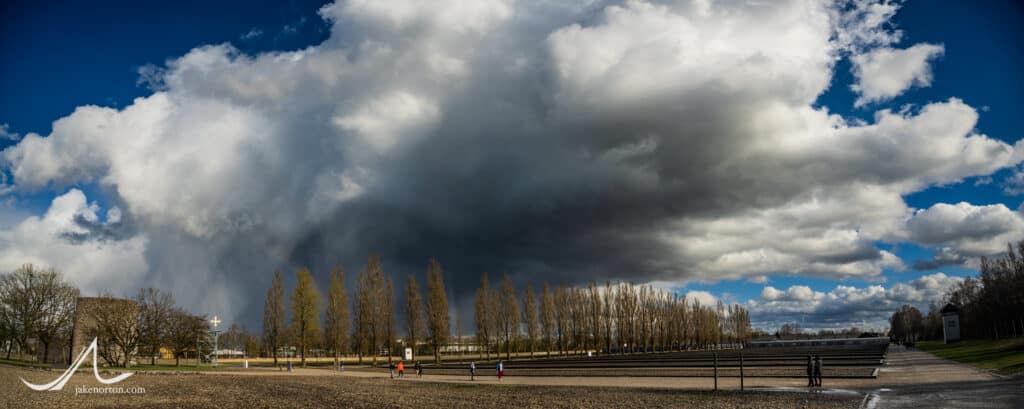
And, we can, we should - we must - aim to do and be our best. It sounds cheesy, it sounds like something on a dimestore bathroom poster, but it’s not. It is essential, and yet rare, difficult. At the end of his 1984 version of Man’s Search for Meaning, Frankl wrote a postscript entitled The Case for a Tragic Optimism in which he argues for us all finding meaning in life despite, or because of, its tragedy and suffering, and argues that finding meaning - through good deeds, through relationships and love and understanding, through doing and being our best - is the only salvation:
You may be prone to blame me for invoking examples that are the exceptions to the rule. "Sed omnia praeclara tam difficilia quam rara sunt" (but everything great is just as difficult to realize as it is rare to find) reads the last sentence of the Ethics of Spinoza. You may of course ask whether we really need to refer to "saints." Wouldn't it suffice just to refer to decent people? It is true that they form a minority. More than that, they always will remain a minority. And yet I see therein the very challenge to join the minority. For the world is in a bad state, but everything will become still worse unless each of us does his best.
- Victor Frankl, Man’s Search for Meaning
So, let us be alert - alert in a twofold sense:
Since Auschwitz we know what man is capable of.
And since Hiroshima we know what is at stake.
Some, perhaps many, say that peace in the Middle East is but a dream…a dream that will never be realized. It does not have to be.
If you will it, it is not a dream.
- Theodor Herzl
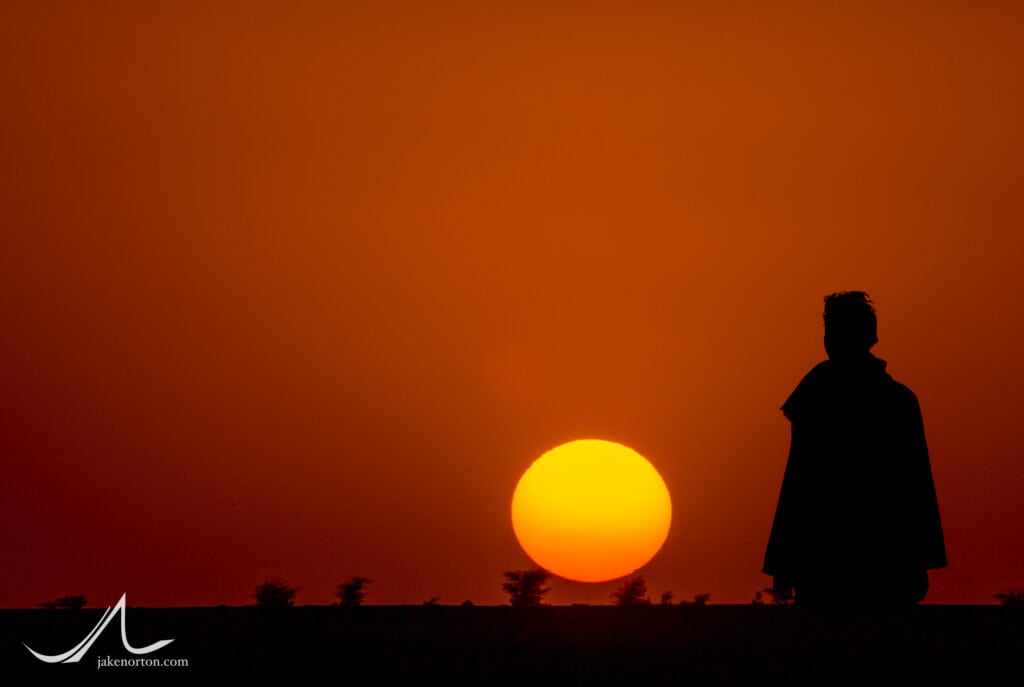
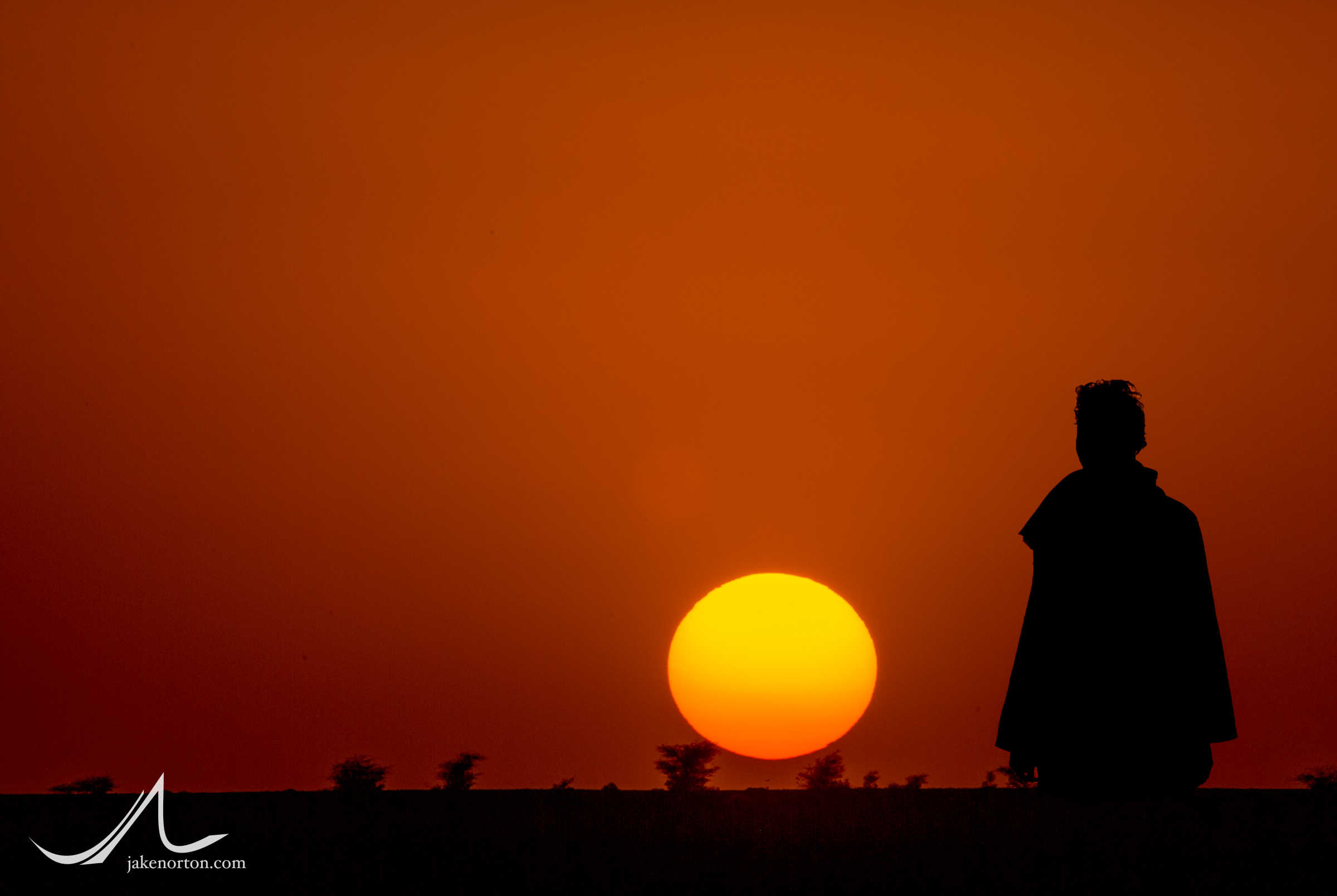


Thank you so much for this thoughtful and sensitive analysis. I share many of your thoughts. I am an Israeli-American that was living in a Kibbutz in the south of Israel on October 7th. We have since left.
I am so worried and heartbroken for my people and also sad that many innocent Palestinian lives are being lost.
There is so much polarizing and hateful rhetoric being spread on both sides. It is too much to bear.
I will somehow cling on to hope.
Blessings to you,
Naomi Slater
Dear Naomi,
Thank you for your kind words, and I am so sorry for all you have experienced firsthand and the pain I can only imagine you have (and continue to) endured. I am so removed from the conflict, yet it hits home for me so deeply. And, I agree with the hateful rhetoric spewed on both sides; it becomes at times nearly impossible to know where the truth lies behind all the biased news. I feel the only truth I understand completely is that the loss of innocent lives is horrific, no matter who, where, or what they are, and that those losses never lead to progress, only grinding the anger of a given side deeper and darker.
It is too much to bear sometimes, but like you I will cling to hope and continue to do my best to put good energy and love into our troubled world.
Thank you, and please take good care. Again, my thoughts and sympathies are with you.
All my best,
Jake